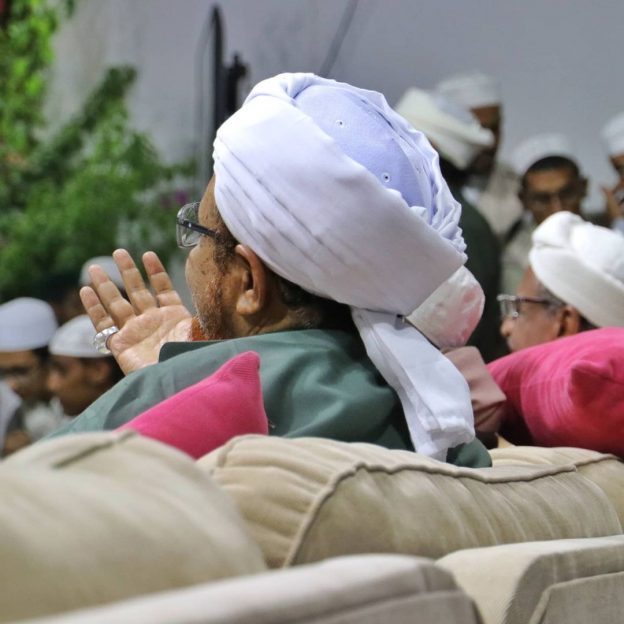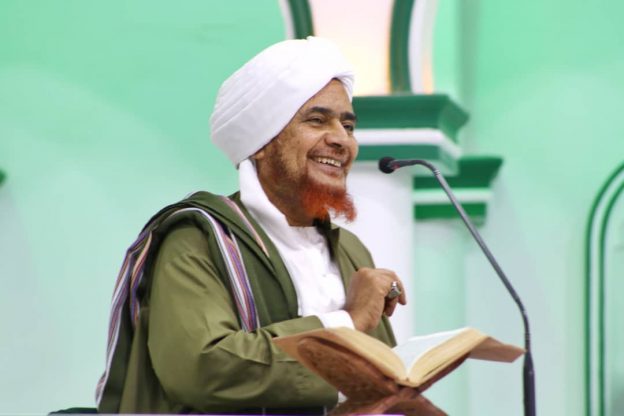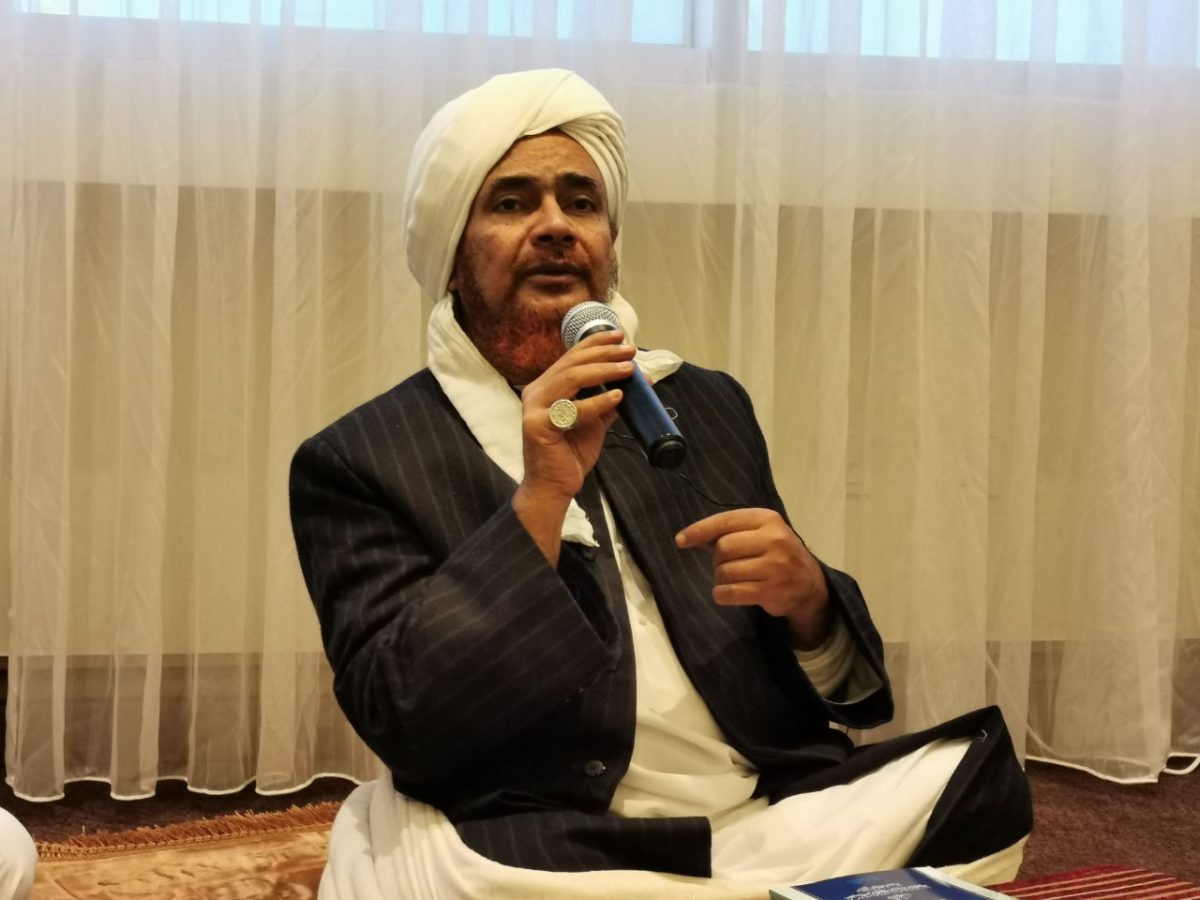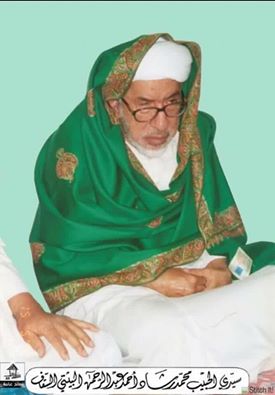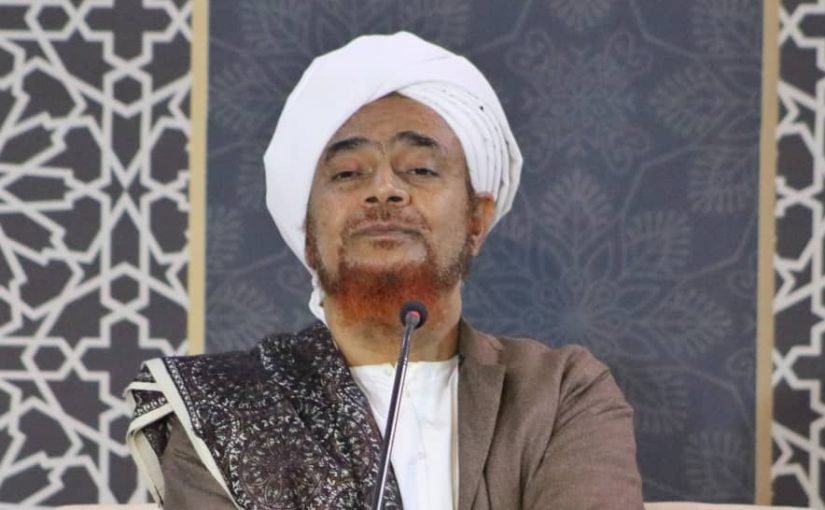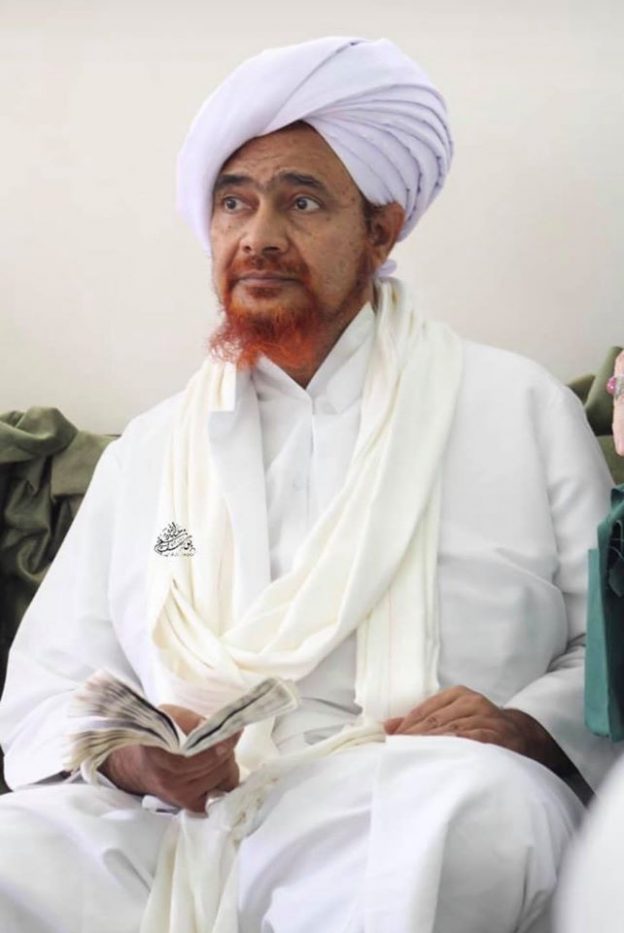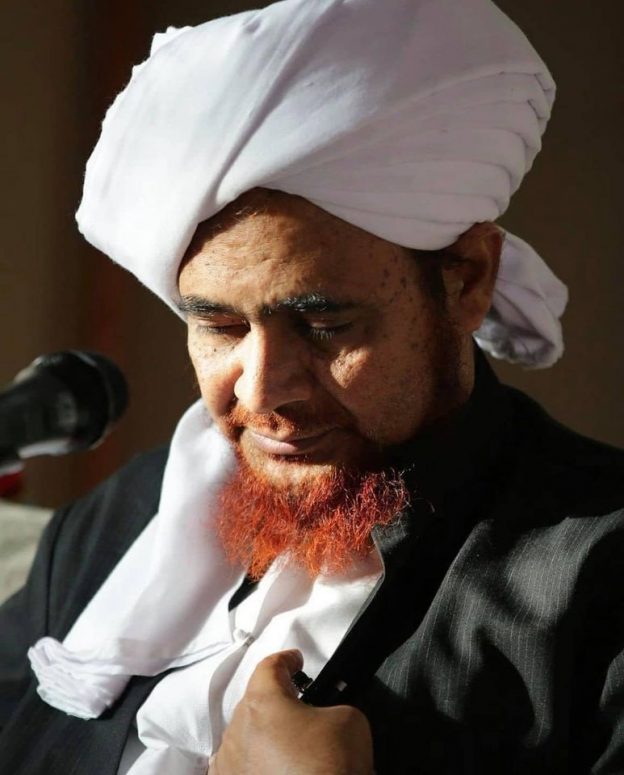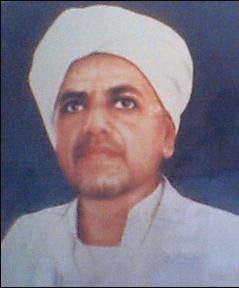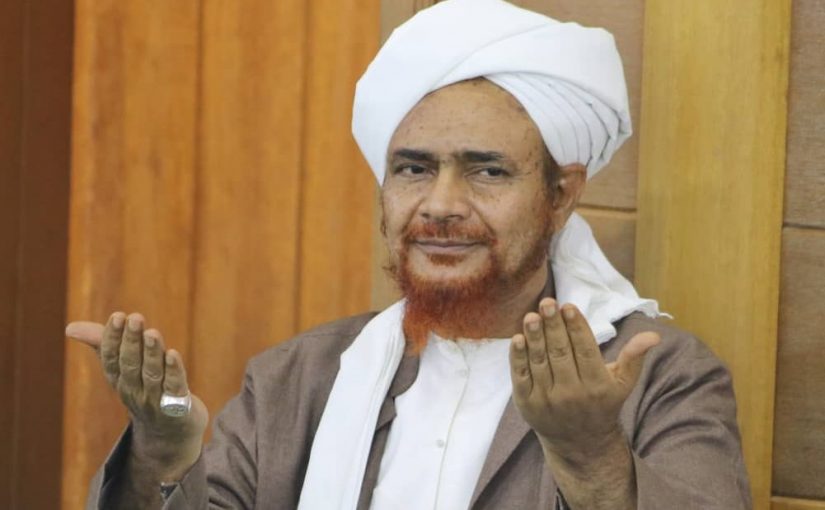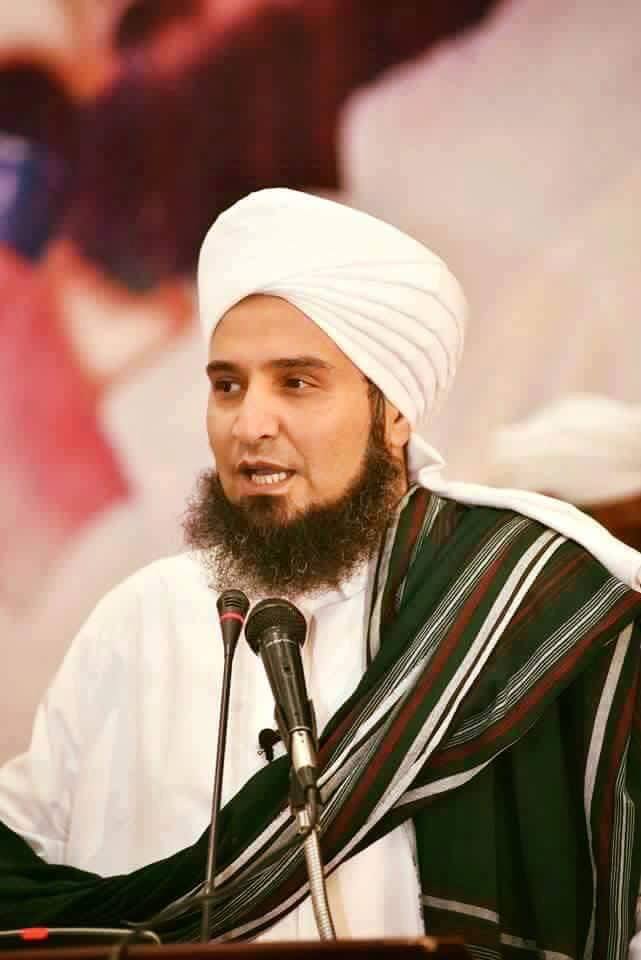Answered by Sayyidi Habib Umar bin Hafiz (may Allah protect him and benefit us by him)
There are brothers and sisters who have attended the Dowra or have studied abroad for a short time. They then return to their communities to teach what they learn as they have been encouraged by their teachers to do so but they encounter people (some of whom are connected to this path) who do not support them and even discourage others from taking knowledge from them on the grounds they have not studied enough. What is the best way of dealing with this?
They should persevere in their dawah and not be affected by what these people say. They should show these people respect, maintain good relations with them and not treat them in the same way as they are treating them. They should emphasise the well-known principle that anyone who has even one piece of Islamic knowledge is an ‘alim (literally someone who knows) and he must act upon it and teach it. They must teach what they know and learn that which they do not know. If the people who are opposing them are aware of Imam al-Haddad then they can tell them what Imam al-Haddad says in the introduction of al-Dawah al-Tammah.

